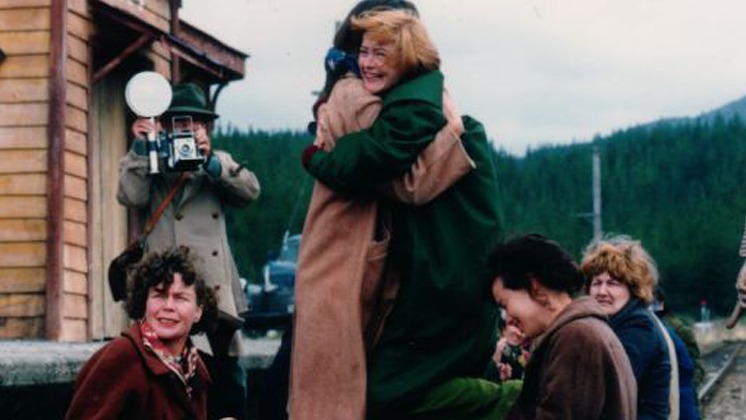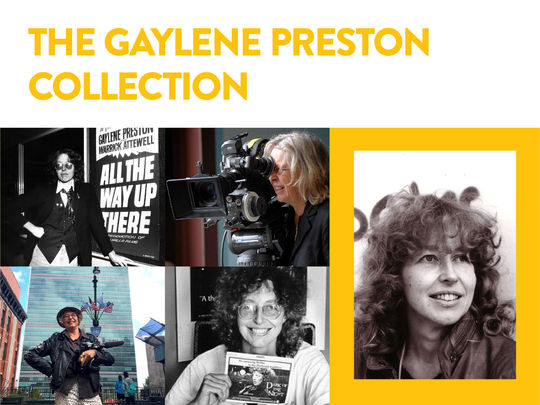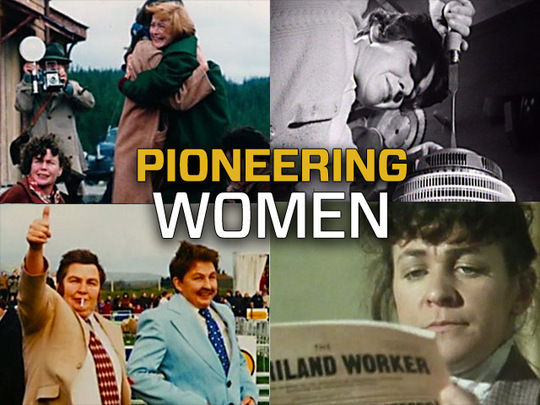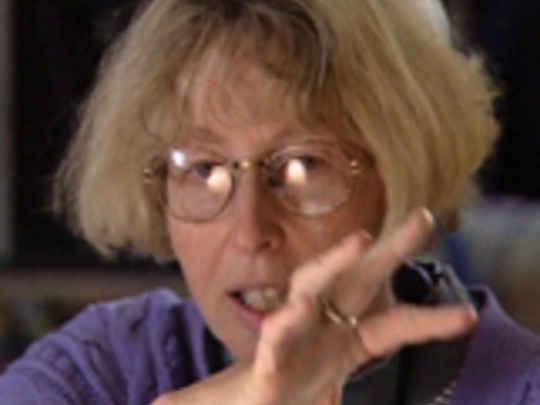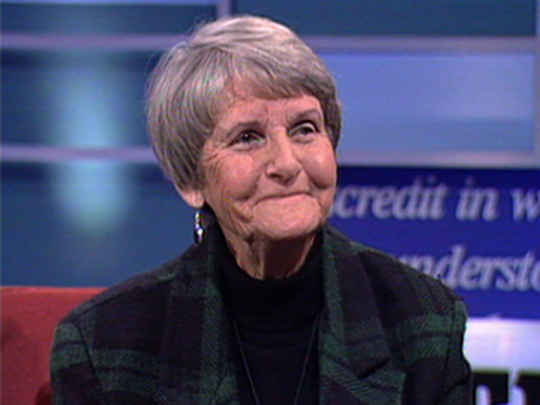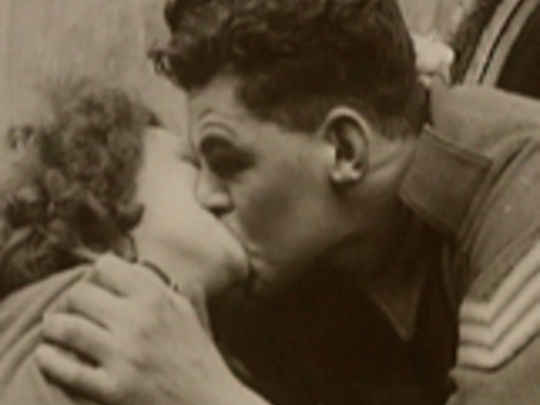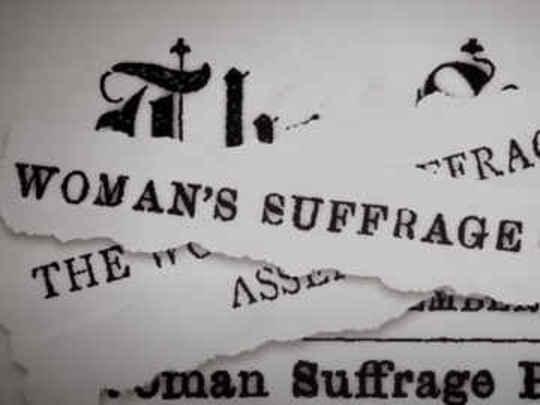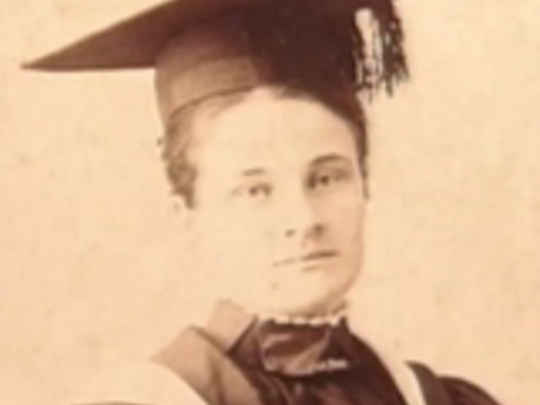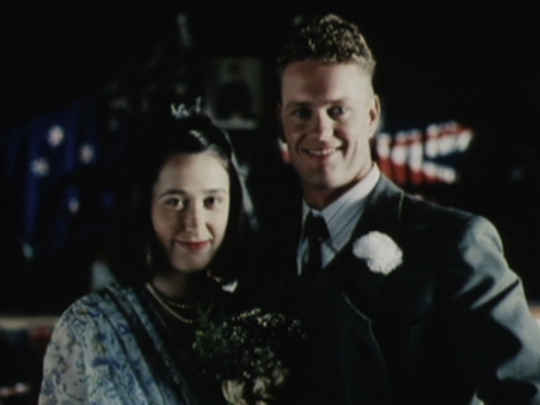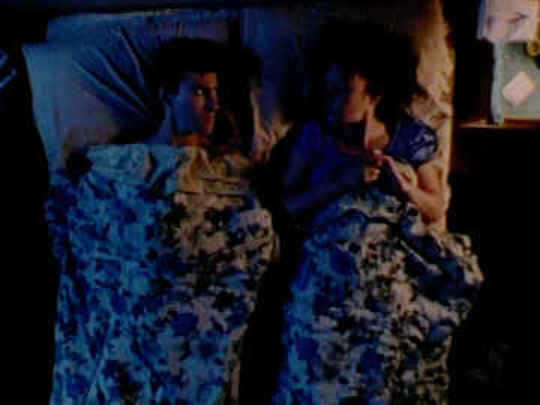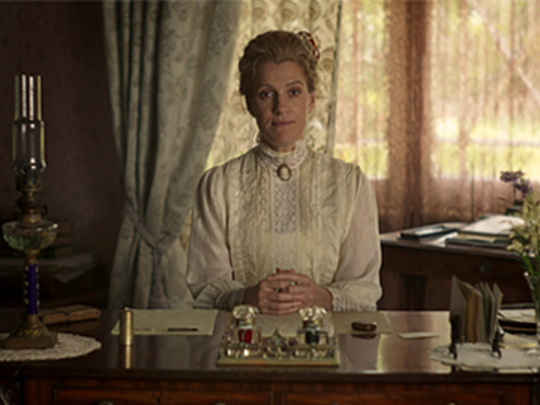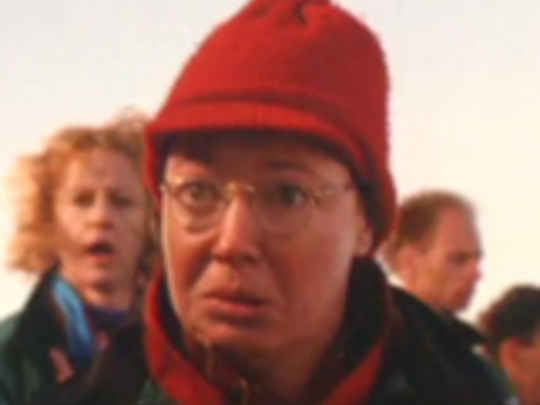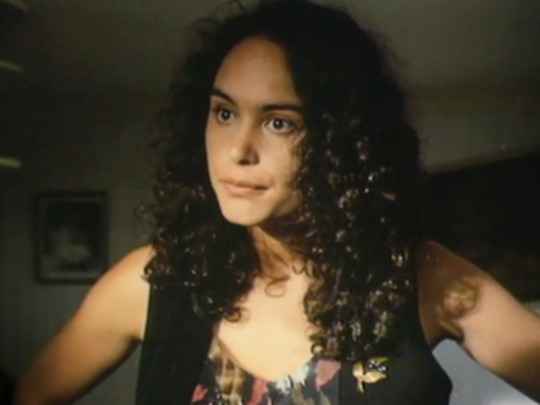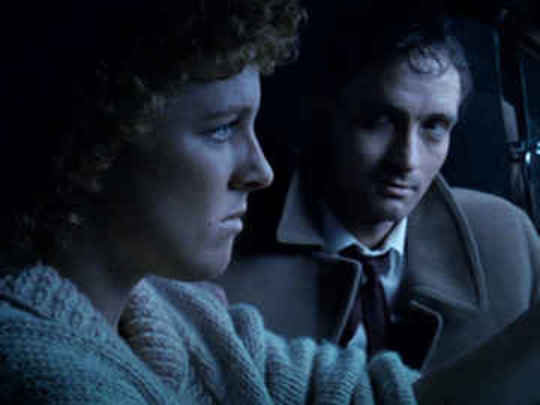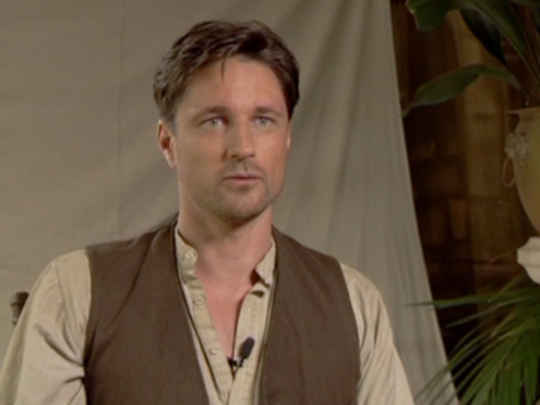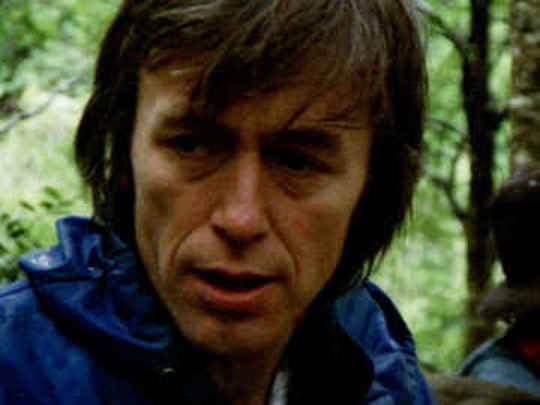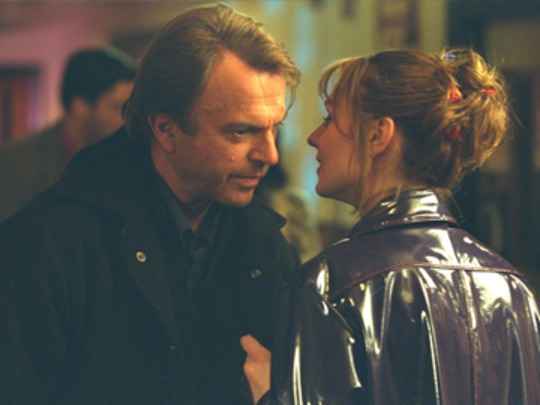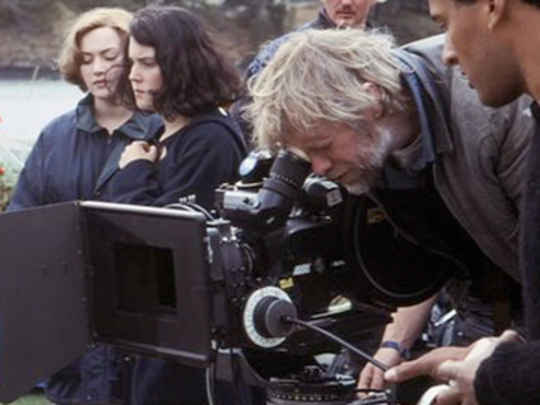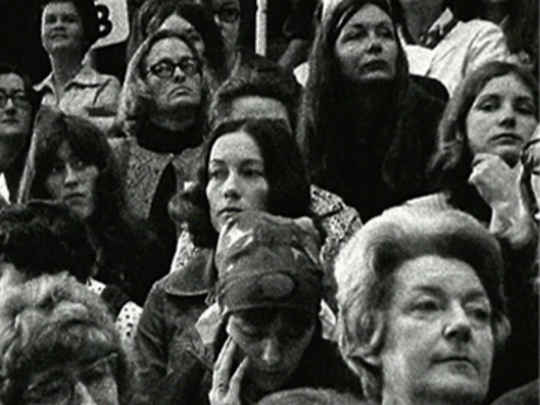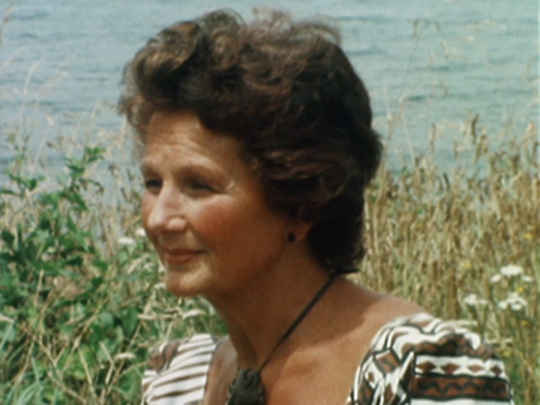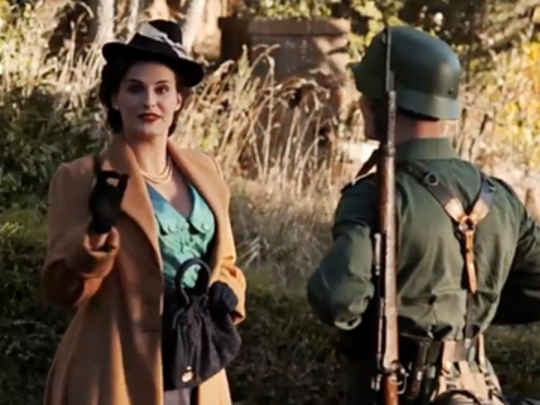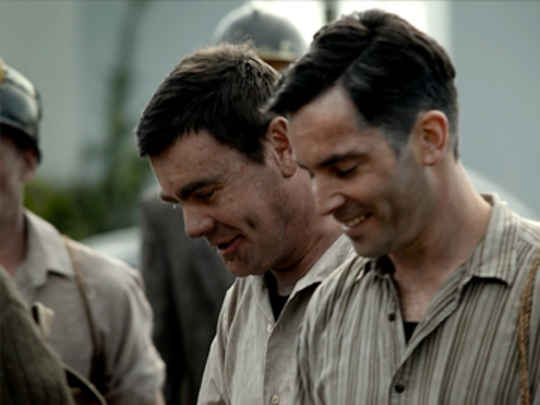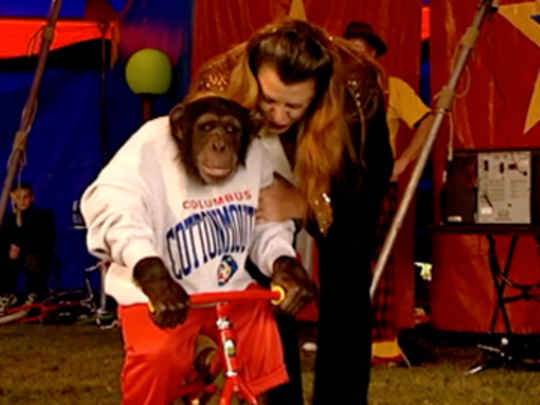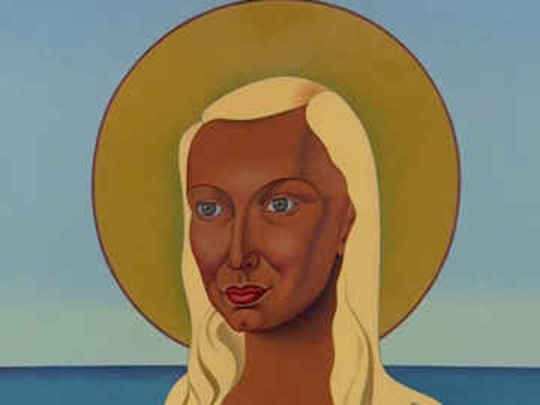Bread and Roses is Preston/Laing's best work yet and ... a wonderful suffrage year tribute to the women of New Zealand.
– Reviewer Helen Martin in Illusions Magazine, 1994
...there's poetry in the ordinary everyday, and [Gaylene] Preston finds it. Warm, generous, and moving to a fault, this superbly mounted evocation of a life and an era slips through its epic length without a hint of a stumble.
– Reviewer Costa Botes, Onfilm, August 1993
...Geneviève Picot gives probably the finest screen performance ever by an Australian woman. She has been provided with a great story and a fine script, and she makes the most of them ... Picot gives us the whole woman, self-righteous and arrogant as well as altruistic and compassionate. There is a fierce glow to Picot's performance that never lets us seriously question the truth of the life she is recreating or the integrity of the woman who lived it.
– Reviewer Neil Jillet in Melbourne newspaper The Age, 1993
It's just splendid ... It's sort of scary seeing a section of your life pass in front of you.
– Sonja Davies after first watching Bread and Roses, The Evening Post, 16 June 1993, page 1
Sonja Davies takes her autobiography's title from James Oppenheim's poem celebrating a spontaneous walk out in Massachusetts in 1912 staged by 20,000 mill workers protesting cuts in working hours of women and minors. The women's banners declared 'We want brand and roses too.'
– Writer Helen Martin in 1997 book New Zealand Film 1912-1996, page 169
Bread and Roses is fascinating as a social history. The sexual politics of the time, along with issues of class and privilege, politics and power, are woven into the narrative with a lightness of touch...
– Writer Helen Martin in 1997 book New Zealand Film 1912-1996, page 169
They've done it. It made me sad. It's a sad story but it's funny as well.
– Sonja Davies' reaction to Bread and Roses, The Evening Post, 16 June 1993, page 1
It's about giving workers bread but also giving them roses. People need sustenance. They need fair pay. But they also need the other things, the cultural things and they need care. They need the love of family and friends.
– Sonja Davies, The Evening Post, 16 June 1993, page 1
Put the pitchforks down ... thank you.
– Protest spokeswoman Ruth Page makes clear to some enthusiastic males with weapons that the Nelson train protest is to be non-violent
They say we'll be tried for obstructing railway work. That means six months imprisonment. Unless you go to prison it's all been a waste.
– Sonja Davies (Geneviève Picot) after being arrested for protesting against plans to close the Nelson railway lineing against
....overflows with memorable impressions of our country and our people.
– Evening Post reviewer Ian Pryor
Full of sentiment without being sentimental, the series stands as a tribute to a most remarkable woman without presenting her as a saint. Her bluntness often looks like tactlessness, she is impatient with opposing views and, as her political career starts rolling, daughter Penny often seems to be futilely waving for attention from the sideline. It is to the credit of Australian actor Geneviève Picot, with her excellent timing and with her understanding of the character conveyed in every glance, word, movement and gesture, that the character is portrayed so superbly.
– Reviewer Helen Martin in Illusions 23, Winter 1994
People would grab me and want to talk as though this film was about their lives and their families lives – and I had made it about them. It was a wonderful experience. It elevated thousands of old ladies. It
made them realise that being a housewife and mother during the war was a kind of heroic act.
– Director Gaylene Preston, in a 1993 interview with Kate JasonSmith
The chief beauty of the script is the naturalness with which it links political events and everyday domestic reality. These events are not always of much public significance, but they are always stamped with interest because of Sonja Davies' stubborn enthusiasm.
– Reviewer Neil Jillet in Melbourne newspaper The Age, 1993
